How people suffering from loneliness are finding happiness again
The PM has made it a national mission to end loneliness in our lifetimes, but when the figure for those affected is more than a million and rising, is it really possible, asks Joe Lyness
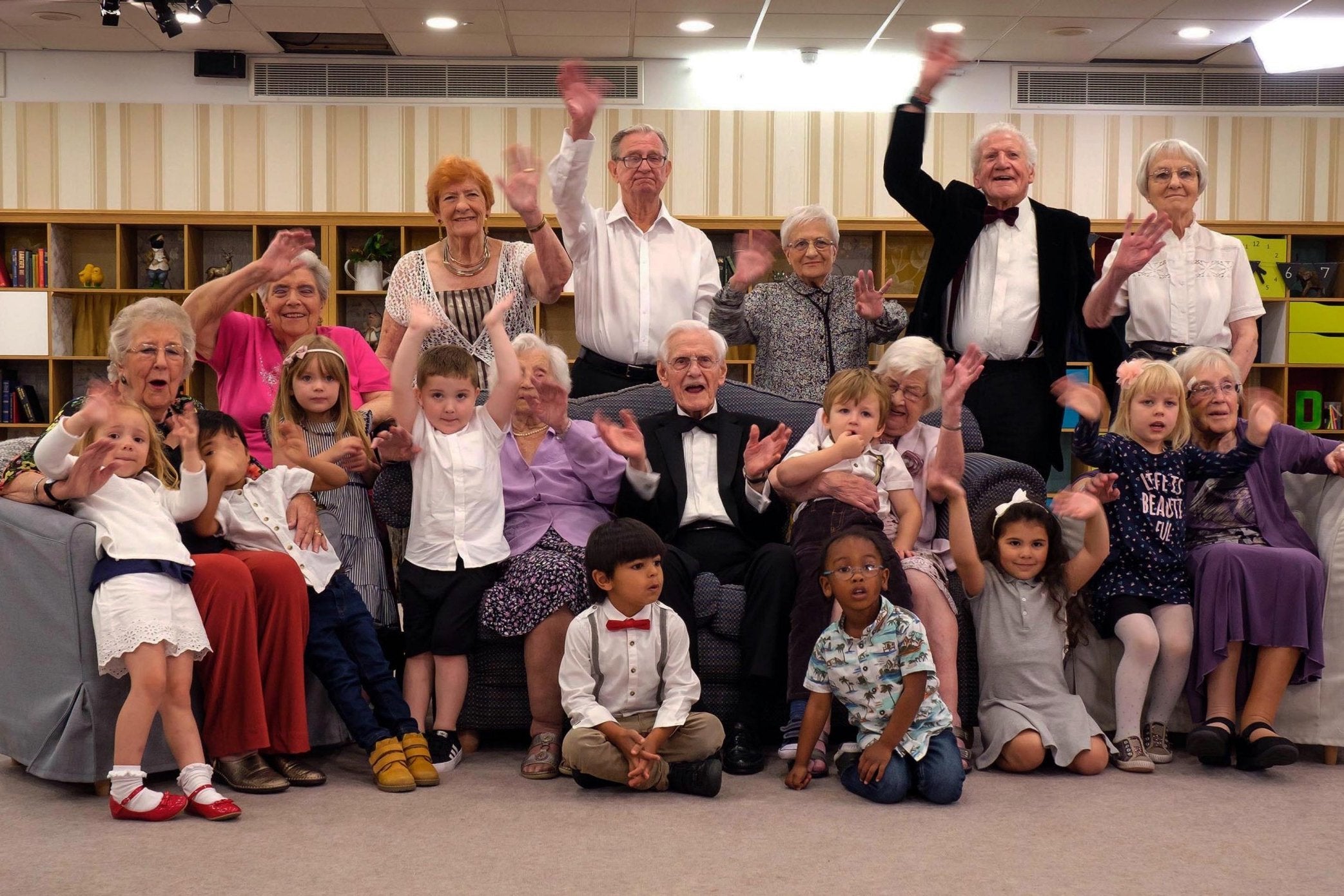
“It can get terribly lonely at home when it’s just you and the four walls. Well, the four walls and the cat.” Bob Sawyer, 76, has lived alone since the death of his wife and says that since her death he has often felt lonely.
After spending a short time in hospital, a community support worker advised Sawyer to take part in a social activity hoping it could improve both his mental and physical health. Luckily for him, nestled in a housing estate just outside of Crawley, The Posh Club meets weekly.
Every Tuesday guests gather as the local community centre is transformed into a ballroom that plays host to a tongue in cheek 1940s style tea party for over-60s. Guests from all backgrounds are welcome and are encouraged to dress up for the event, where there is a range of different performances each week including Elvis tributes, musical one-man bands and burlesque showgirls.
The Posh Club was set up by Annie Bowden and her brother five years ago after Bowden’s mother moved to Crawley from London, following the death of her partner. Bowden began holding tea parties for her and her elderly neighbours and, after seeing how much it was enjoyed, her brother began applying for funding to try to do it on a bigger scale.
“We managed to get funding to do a 10-week pilot scheme in Crawley and it was a big success. We were doing lots of different stuff back then. We had a hairdresser one week then we tried putting a film on, but now we’ve honed it into this and, for us, it’s near perfect,” she explains.
“This is different to other services, it’s like going to The Ritz and going to a show all in the same day. It’s just being looked after and made to feel really special. They come along and they’re not just sat down on their own, we introduce people and make sure they’re all OK,” Bowden adds.
The Posh Club has regular events in London and the south of England all taking place in grassroots community venues, with more expansion planned for 2019.
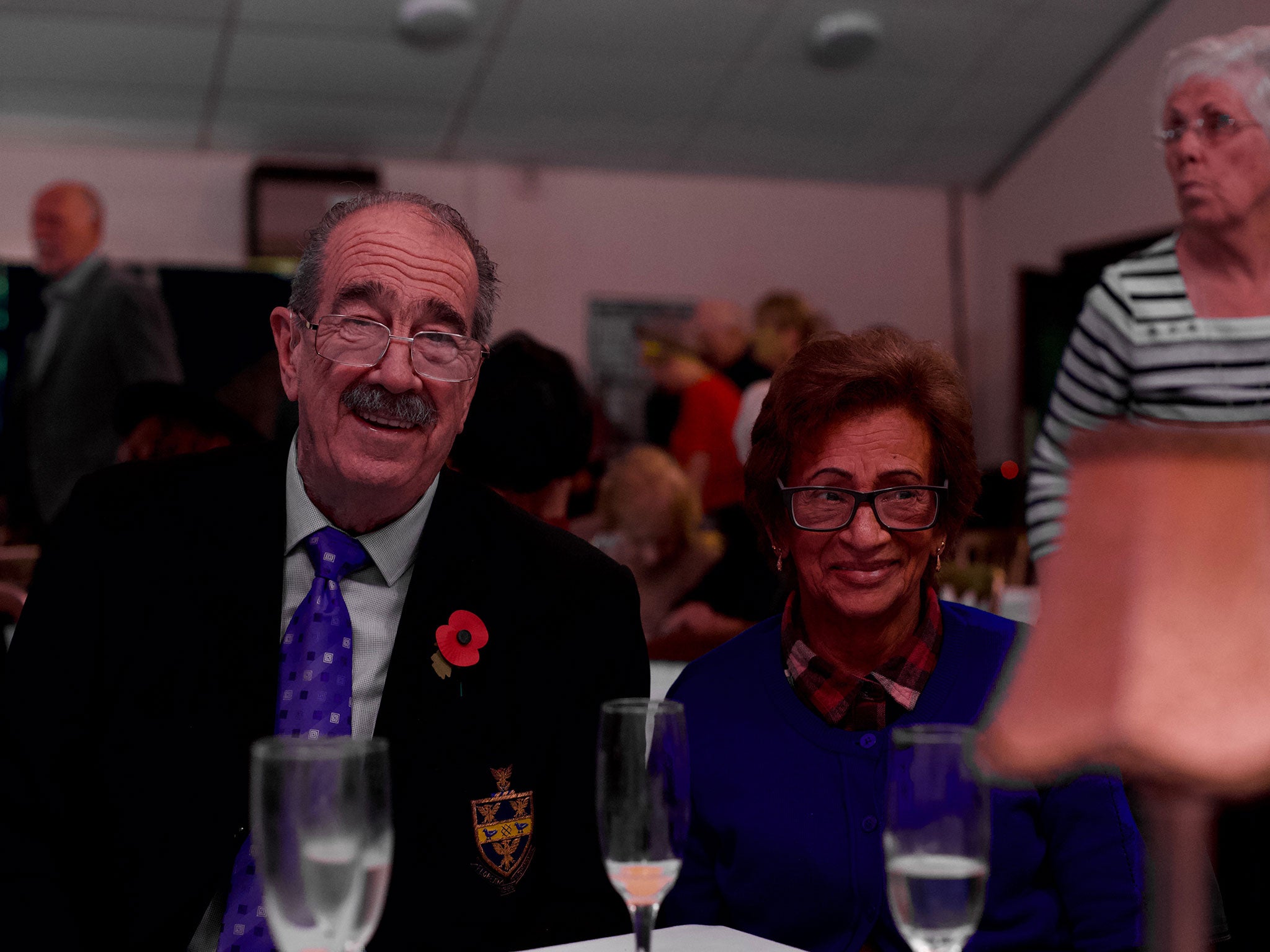
Sawyer admits to originally being hesitant about the idea of the club, but after attending for almost a year now, he says that it is the highlight of his week. “It does you good to get out and about, I go and collect Louise beforehand then we come here together. I really don’t know what I’d do without it, to be honest. It gives me something to live for,” he explains.
Since attending the club Sawyer has become friends with Louise Brice, 84, who also lives alone and like him had the club recommended to her by a community support worker. She too believes her health has improved since joining. “I barely ever go to the doctors now and I’m never really ill.”
Brice moved to the UK from Mexico City where she grew up and has lived here for 59 years. “We’re very, very lucky to have this here. The acts are always brilliant and the cakes are lovely. It’s a place to make friends and chat with people,” she says.
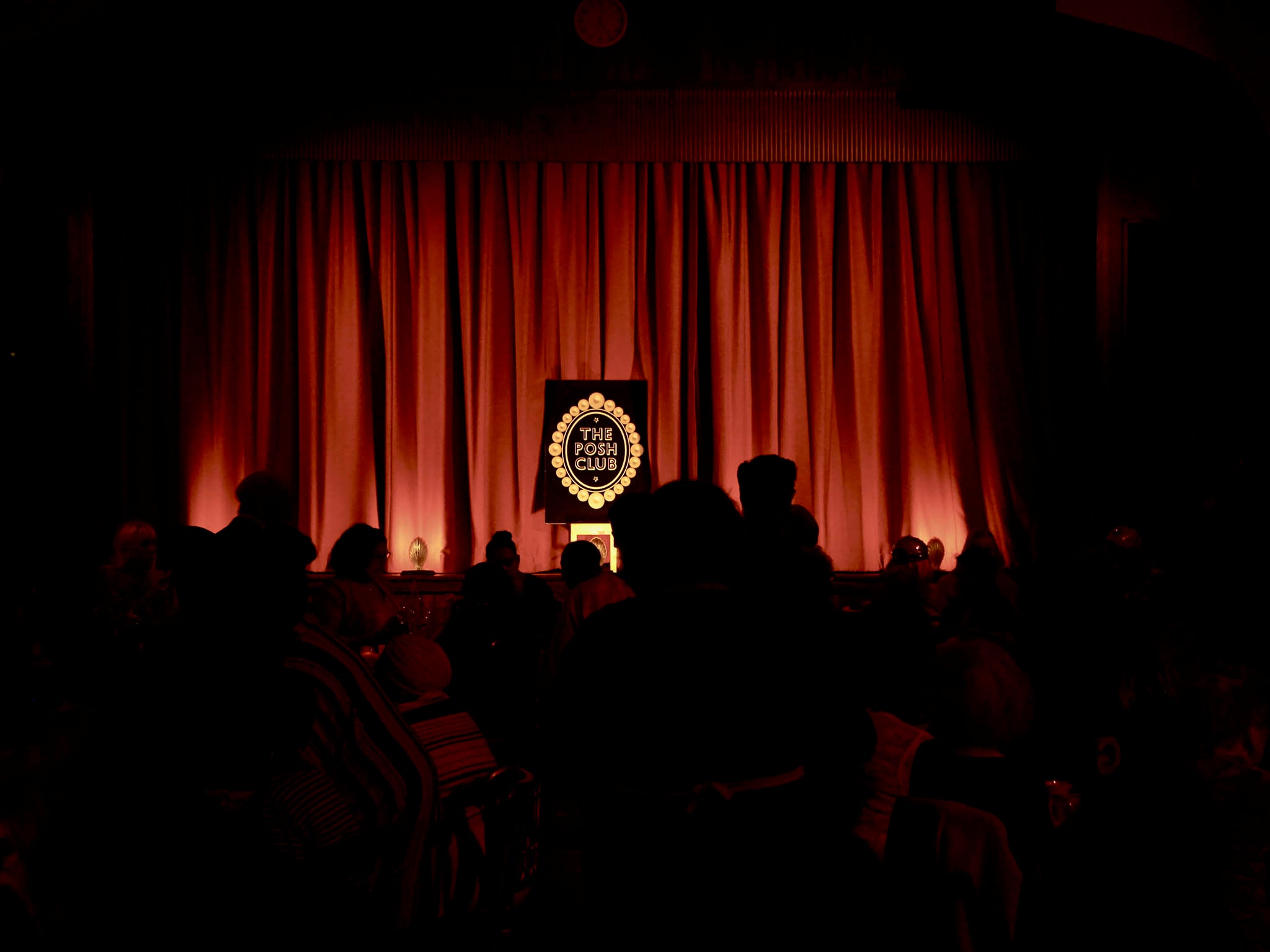
“There’s not much of that if you live on your own, as a lot of us do. Without the club, I would have never met Bob and he really does make me laugh.”
Creating friendships like this is something The Posh Club enables elderly people to do and, week in week out, Bowden sees the benefits it has. “You can see what a difference it makes to them. They give us the most brilliant feedback every week. People tell us how it has changed their lives, how they’ve made friendships and just how they have had a lovely time.”
Known as social prescribing, this practice allows health care professionals to prescribe something other than traditional medicine. Instead, patients are directed to services and organisations that are better equipped to help improve their health and wellbeing.
This has been acknowledged in the government’s first loneliness strategy announced by Theresa May last month. The plan promises to push GPs to use social prescribing when dealing with elderly patients who may be showing signs and symptoms of loneliness.
Professor Helen Stokes-Lampard, Chair of the Royal College of GPs, welcomed this decision: “Not everyone will benefit from traditional medical care for their health care problems.”
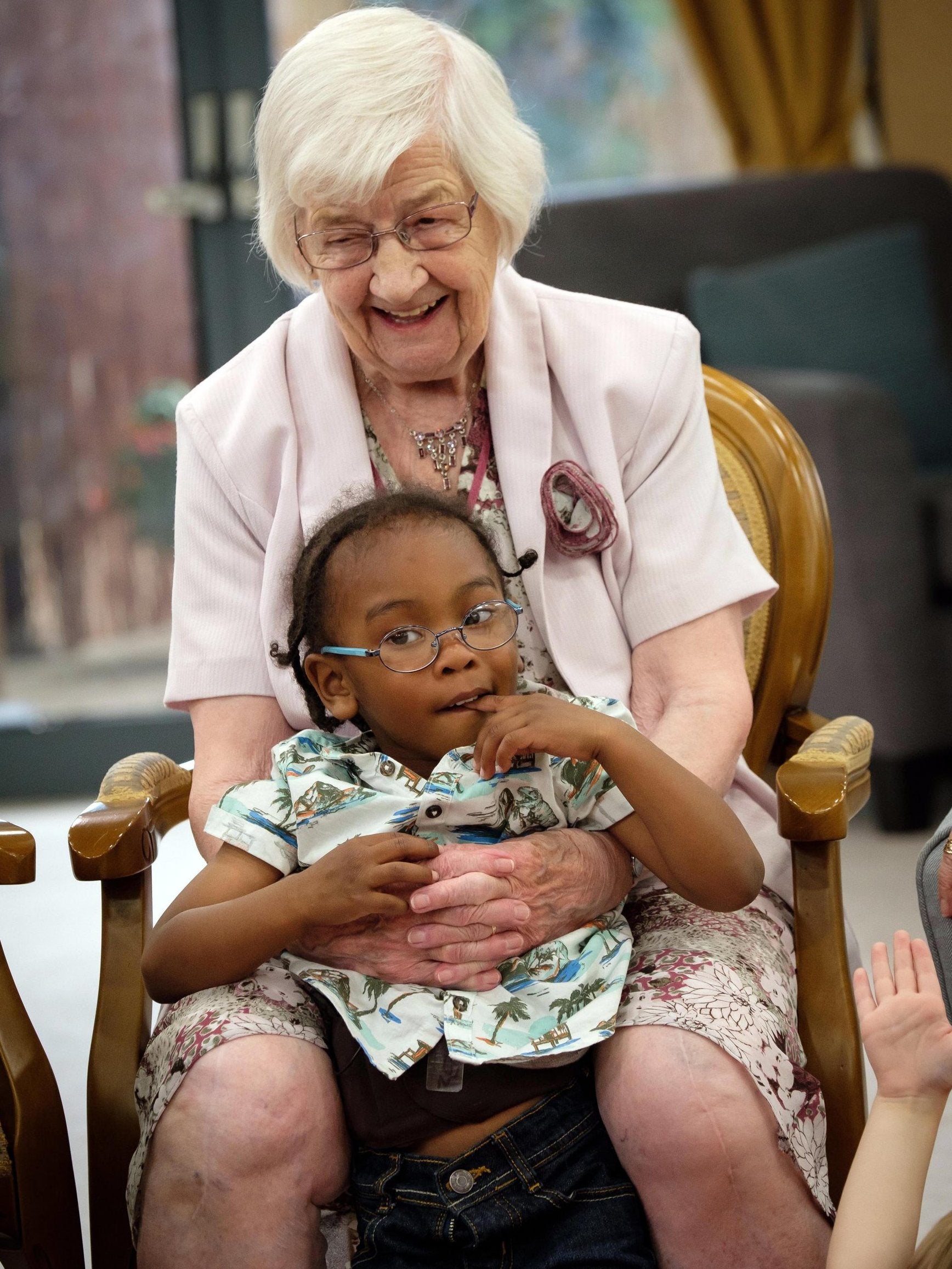
“We know that encouraging patients to take up new hobbies or skills instead of, or alongside, more conventional approaches can have a significant positive impact on their health, particularly their mental wellbeing,” she says.
In England, around 1.4 million people over the age of 50 suffer from loneliness, a figure that is expected to rise by half a million people by 2020 according to research by Age UK.
Jill Mortimer, policy manager at Age UK, is acutely aware of these dangers. “Loneliness can be intensely negative. The health effects can range from issues like depression and anxiety. Studies have shown people can be twice as likely to develop Alzheimer’s or that it is as detrimental as smoking 15 cigarettes a day.”
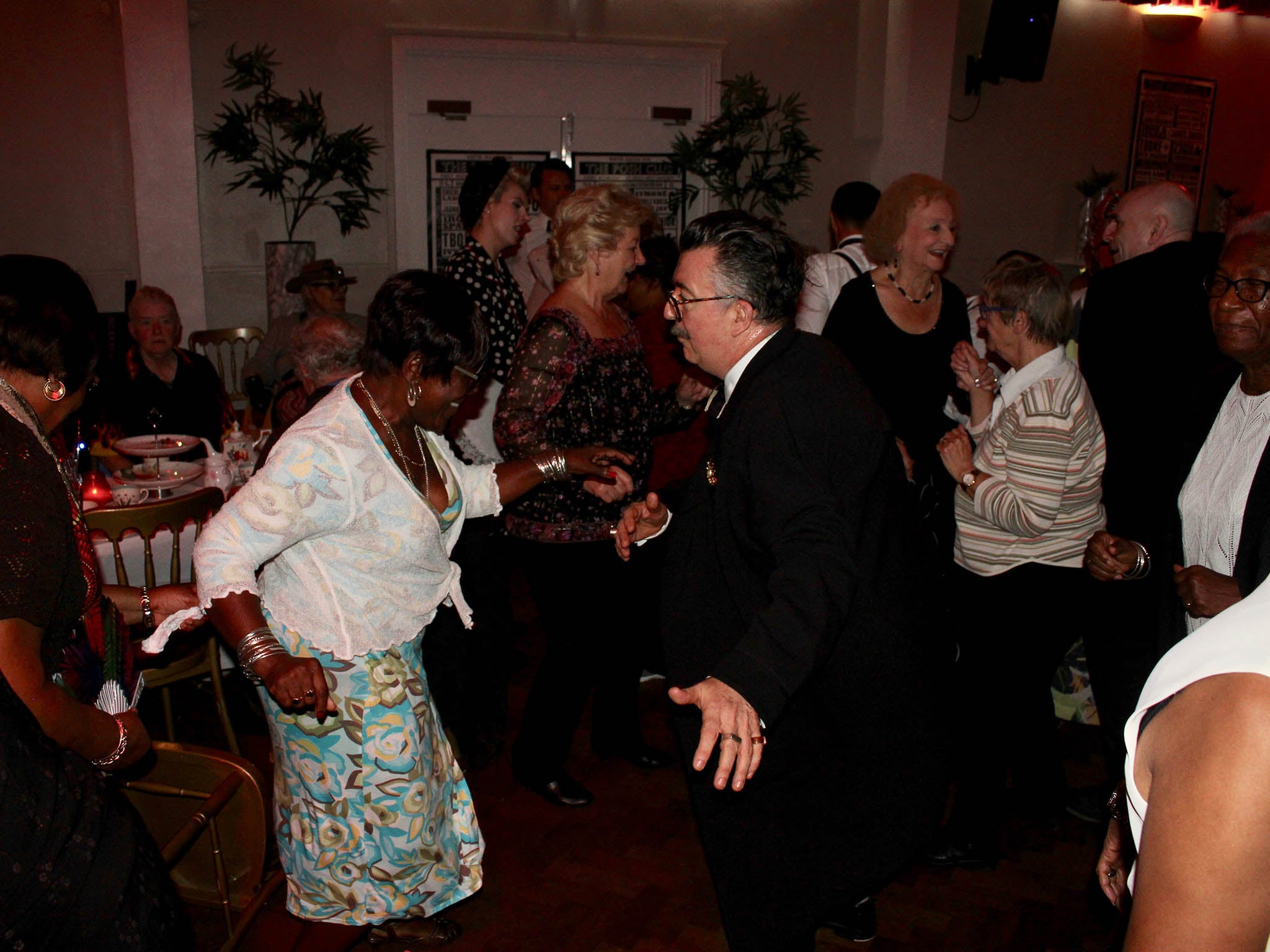
Mortimer believes that GPs have a key role to play in tackling loneliness, working to identify elderly people who could be feeling isolated and making them aware of the organisations that can help them.
“Once a relationship has been built with someone who is feeling lonely, more can be done to help that,” she says. “It could be they need benefit advice or a befriending service, accompaniment to go to a local dance class, the gym or a coffee morning; there really are all sorts of things. But there needs to be someone in the community who knows what is going on and has the expertise to be able to help people connect.”
We know that encouraging patients to take up new hobbies or skills can have a significant positive impact
Another innovative model to deal with loneliness and isolation is Channel 4’s, Old People’s Home for 4 Year Olds. The programme, which has just finished its second series, pairs a group of 10 elderly people with a preschool class over a period of 12 weeks to see how they can benefit each other.
The older participants, the eldest of whom is 102, are given a range of cognitive and physical tests that can be evaluated at the end of the series.
The show is full of intensely heartwarming moments shared between the two groups, like the friendship that grows between Ken, 87, and Lily, 4. After the pair met on the first day they became best friends, with Lily inviting Ken to her family home for a birthday dinner. Ken even manages to climb into Lily’s tree house after a slice of birthday cake.
Another elderly patient who shows an incredible improvement is Victor, 97, who admitted to becoming a hermit after his wife of 66 years died. In one episode, there is a particularly touching moment when he is convinced to dance for the first time since her death.
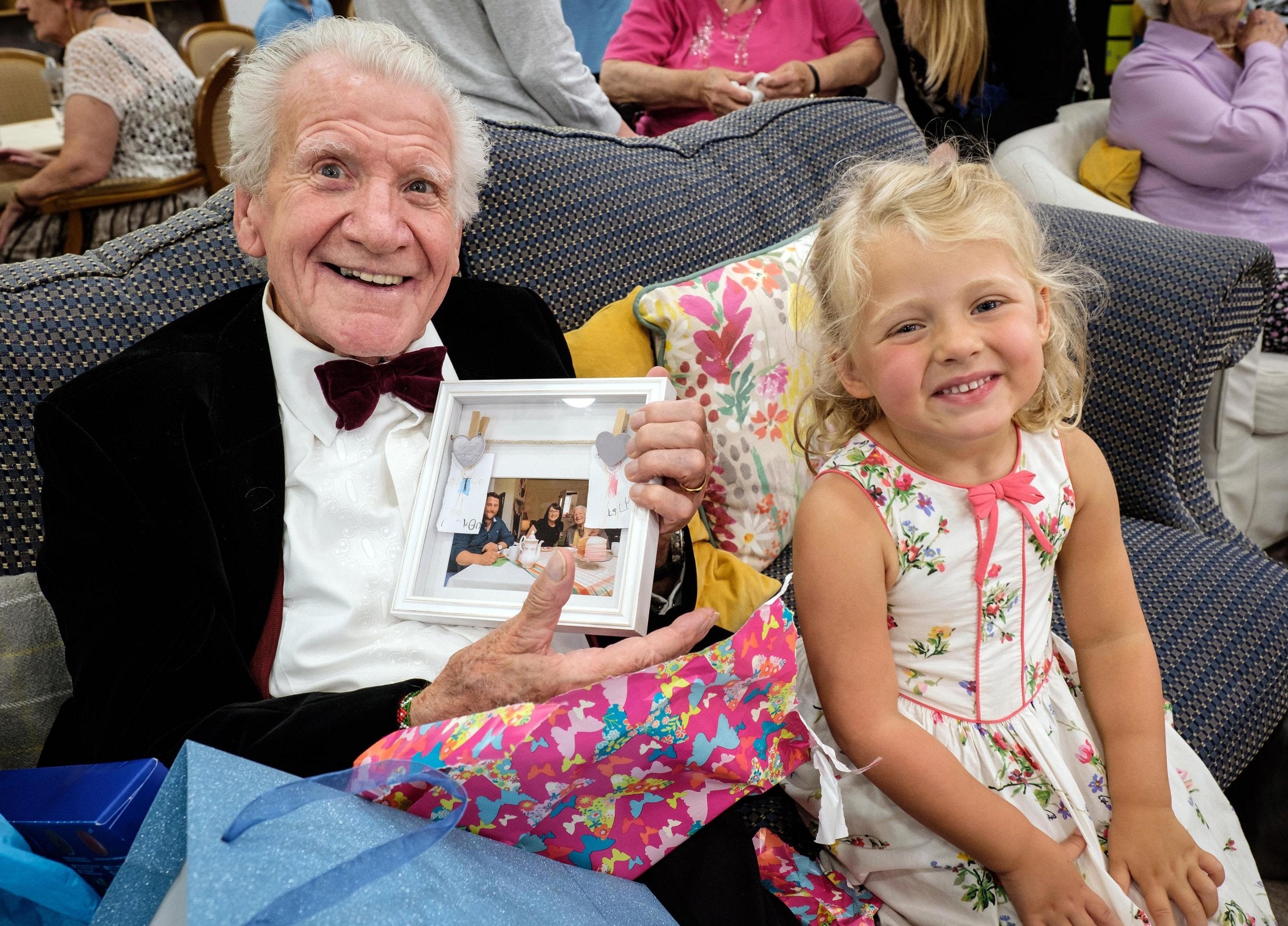
At the end of the 12 weeks, the visible difference in the elderly participants is so strong that, regardless of the original test results, it seems the trail was a success. However, there is also empirical evidence to support the project, with Ken displaying a huge improvement in strength and 102-year-old Sylvia reversing the diagnoses that defined her as medically frail.
The other great benefit of the show is the impact it has on the preschool students, showing that elderly people still have an enormous amount to give. Young participants showed improvements in language and vocabulary whilst developing emotional skills. This is powerfully illustrated by Mason, 4, who went back to locate his 81-year-old teammate who had got lost during a challenge that asked participants to find their way out of a maze.
In addition to the benefits shown by these projects, making an effort to tackle loneliness can also have significant monetary benefits. Research completed by the Campaign to End Loneliness has found that for every £1 spent on helping those who are feeling lonely £2-3 is saved by the NHS.
This makes sense considering a study, again completed by the Campaign to End Loneliness, found that three out of four GPs report they see between one and five lonely people a day and that only 13 per cent feel confident that they are equipped to help a patient who is feeling lonely.
The prime minister says the government’s loneliness strategy is a “national mission to end loneliness in our lifetimes”, an idea that Mortimer believes may be difficult. “I don’t think you will ever end loneliness,” she says.
Contact The Posh Club via their website to find out more about the services they provide. Catch up on Old People’s Home for 4 Year Olds on All 4
Join our commenting forum
Join thought-provoking conversations, follow other Independent readers and see their replies
Comments